Google Nexus 7 vs Amazon Kindle Fire HD head-to-head review
UPDATED: With identical 7in displays and £159 starting prices, we put these Android-based devices to the test.
Ecosystem and Applications
The sole reason Amazon got into the tablet market was to provide users with direct access to its vast ecosystem. However, Google's no slouch when it comes to providing content.
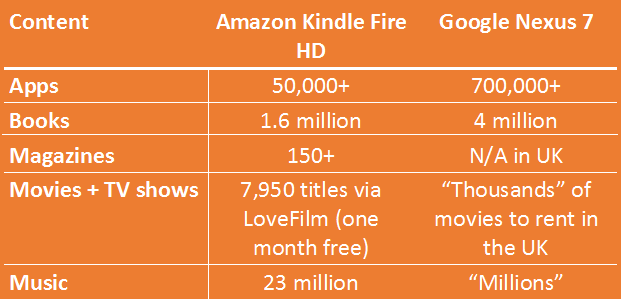
Google has introduced its native music and movie service to the UK to accompany the vast range of apps in the Google Play Store.
The best thing about owning a Nexus is that you can still get access to almost all content from Amazon's ecosystem - be it books (via Kindle app) or music (via Amazon MP3 app). The one glaring exception is access to LoveFilm.
Conversely, Kindle Fire HD owners do not have the ability to access the Google Play Store, so in the event Amazon App Store/LoveFilm doesn't have what you're looking for, there is no alternative source directly from the tablet.
Winner Nexus 7
Nexus users have the best of both worlds you can get access most of Amazon's multimedia's content base and the Google Play Store. The only area where the Kindle fire HD has the advantage is with the availability of films and TV shows via LoveFilm.
Stock Android vs Amazon customisation
The Nexus 7 ships with Android Jelly Bean. This is the fully featured version of the mobile OS, and it's free of any resource hungry overlay.
Get the ITPro daily newsletter
Sign up today and you will receive a free copy of our Future Focus 2025 report - the leading guidance on AI, cybersecurity and other IT challenges as per 700+ senior executives
Of course you can customise the software with widgets and apps or even download skins from the Play Store if you want. The choice is yours.
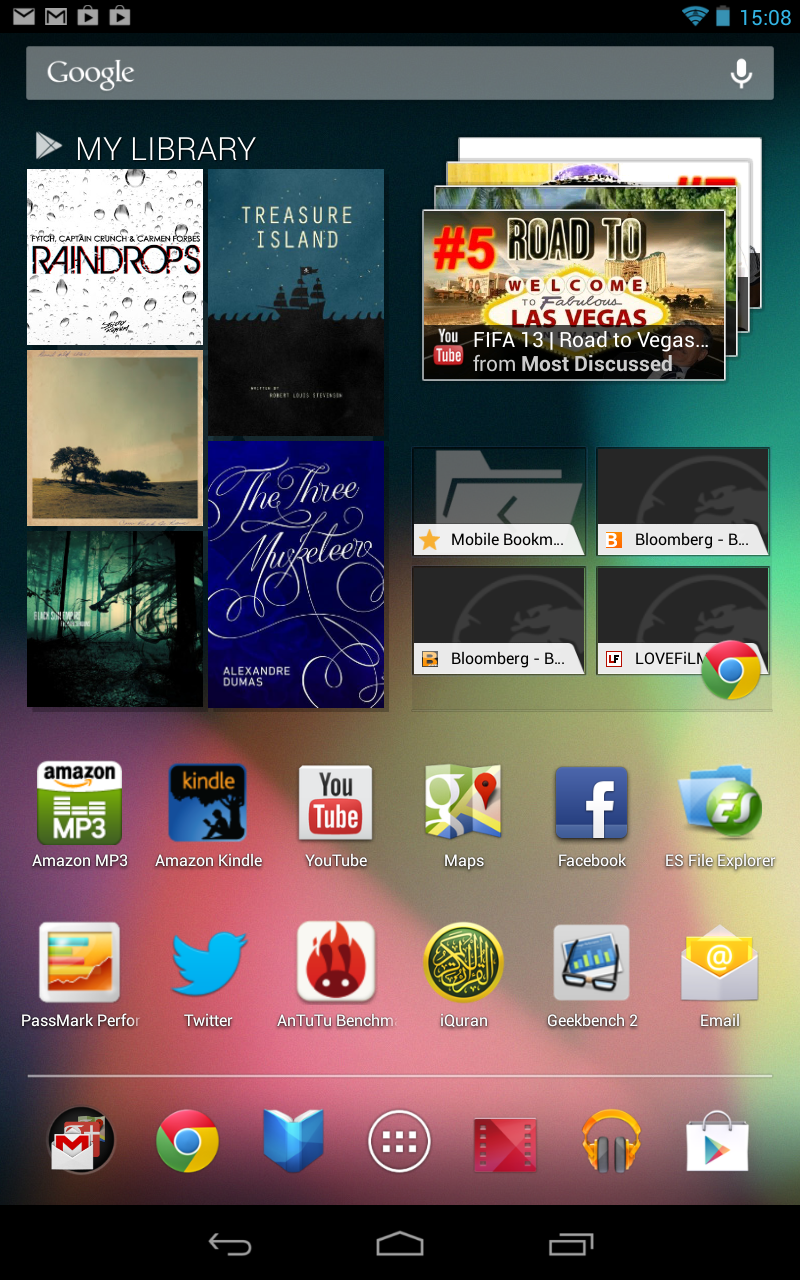
A typical Nexus homescreen can be loaded up with widgets and shortcuts
With the tablet also carrying the Nexus brand name, it will be the first to receive updates, which deliver improved functionality. Google has already pushed out version 4.2, and this is the smoothest running edition of Google's OS to date.
In comparison, Amazon has taken Android and customised it beyond recognition. This modification is understandable as the Kindle Fire HD has been specifically created to allow users to consume content directly from the Amazon's ecosystem.
The lock screen displays an ever-changing product advert, which can be bypassed easily enough - although you can pay 10 extra for the device to get rid of these, it's not really worth it.
The homescreen has a number shortcuts running along the top which give you access to Shop, Games, Apps, Books, Music, Videos, Newsstand, Web, Photos, Docs and Offers.
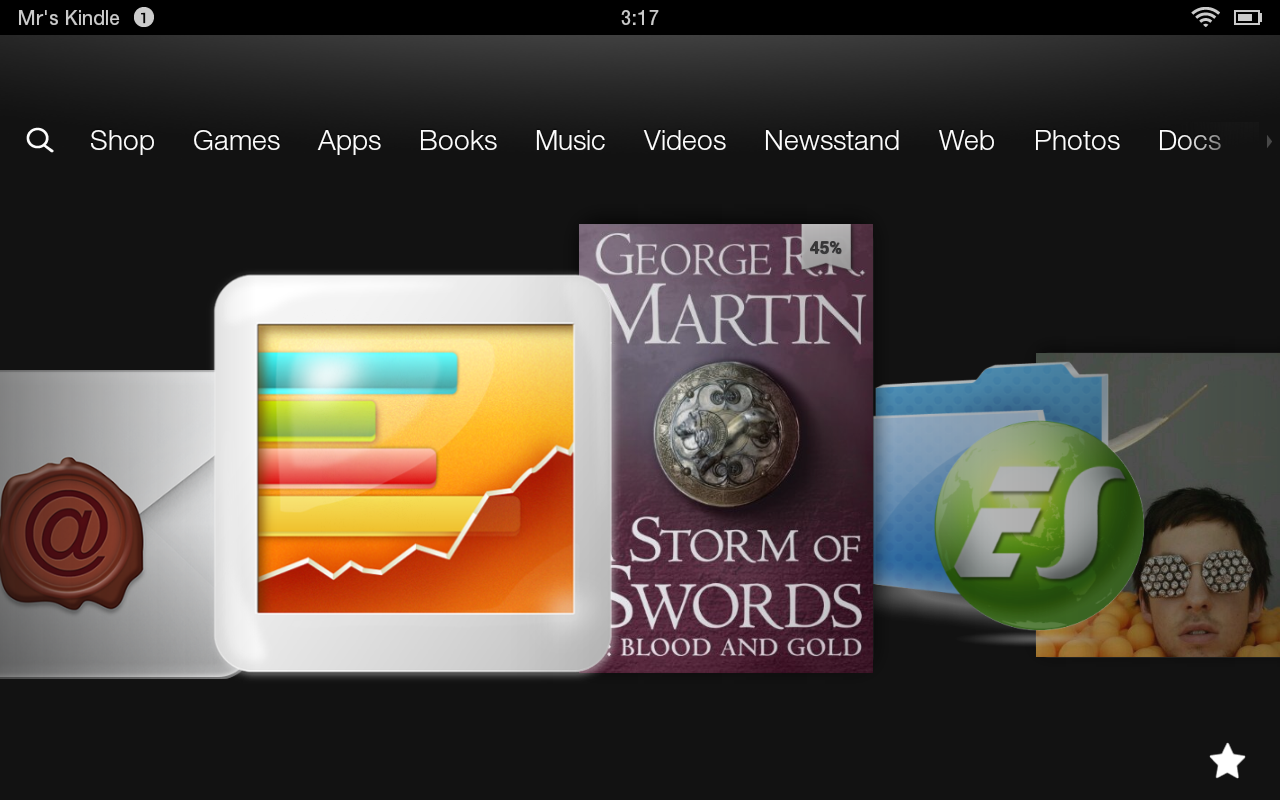
Amazon takes a more rigid approach to the home screen interface
Beneath the shortcuts, icons are displayed and these relate to the content you have been using so it does give a level of personalisation to the device.
Amazon also includes some unique features. Tapping on a page whilst you are reading brings up X-Ray mode. This finds chapters and locations that mention ideas, characters, and important places, as well as background info, biographies from sources such as Wikipedia.
You can also sync documents with the device via Amazon's Cloud Drive service by either going using a web-based console or emailing them to a Kindle specific email which is created for you.
Winner Nexus 7
Android 4.2 is the best version of the mobile OS to-date. You've got the ability to customise the device, it's easy to navigate and functionality is guaranteed to be improved with updates.
-
 Should AI PCs be part of your next hardware refresh?
Should AI PCs be part of your next hardware refresh?AI PCs are fast becoming a business staple and a surefire way to future-proof your business
By Bobby Hellard Published
-
 Westcon-Comstor and Vectra AI launch brace of new channel initiatives
Westcon-Comstor and Vectra AI launch brace of new channel initiativesNews Westcon-Comstor and Vectra AI have announced the launch of two new channel growth initiatives focused on the managed security service provider (MSSP) space and AWS Marketplace.
By Daniel Todd Published
-
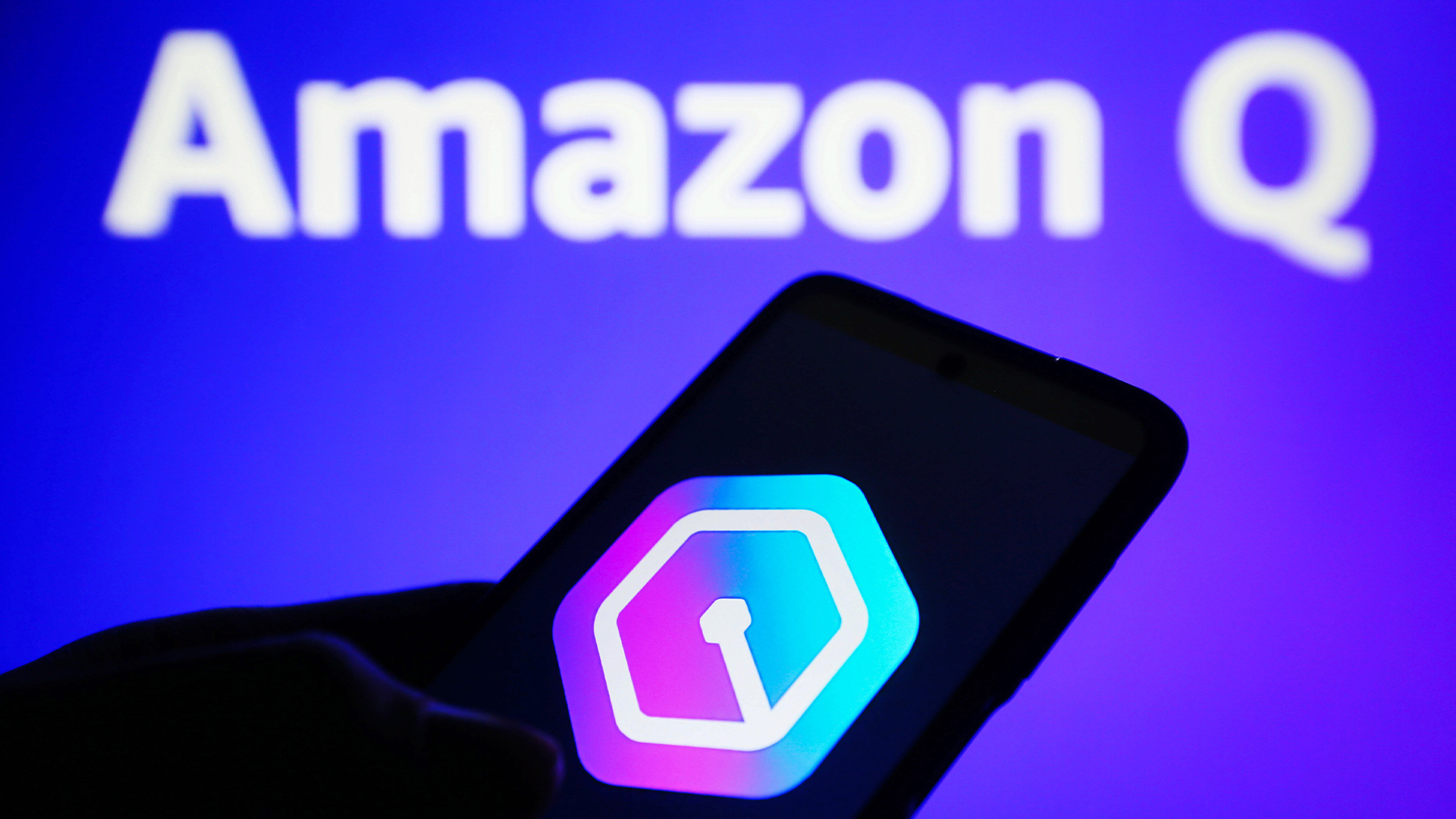 AWS expands language support for Amazon Q Developer
AWS expands language support for Amazon Q DeveloperNews AWS has expanded support for languages in Amazon Q Developer, making it easier for developers to code in their first language.
By Nicole Kobie Published
-
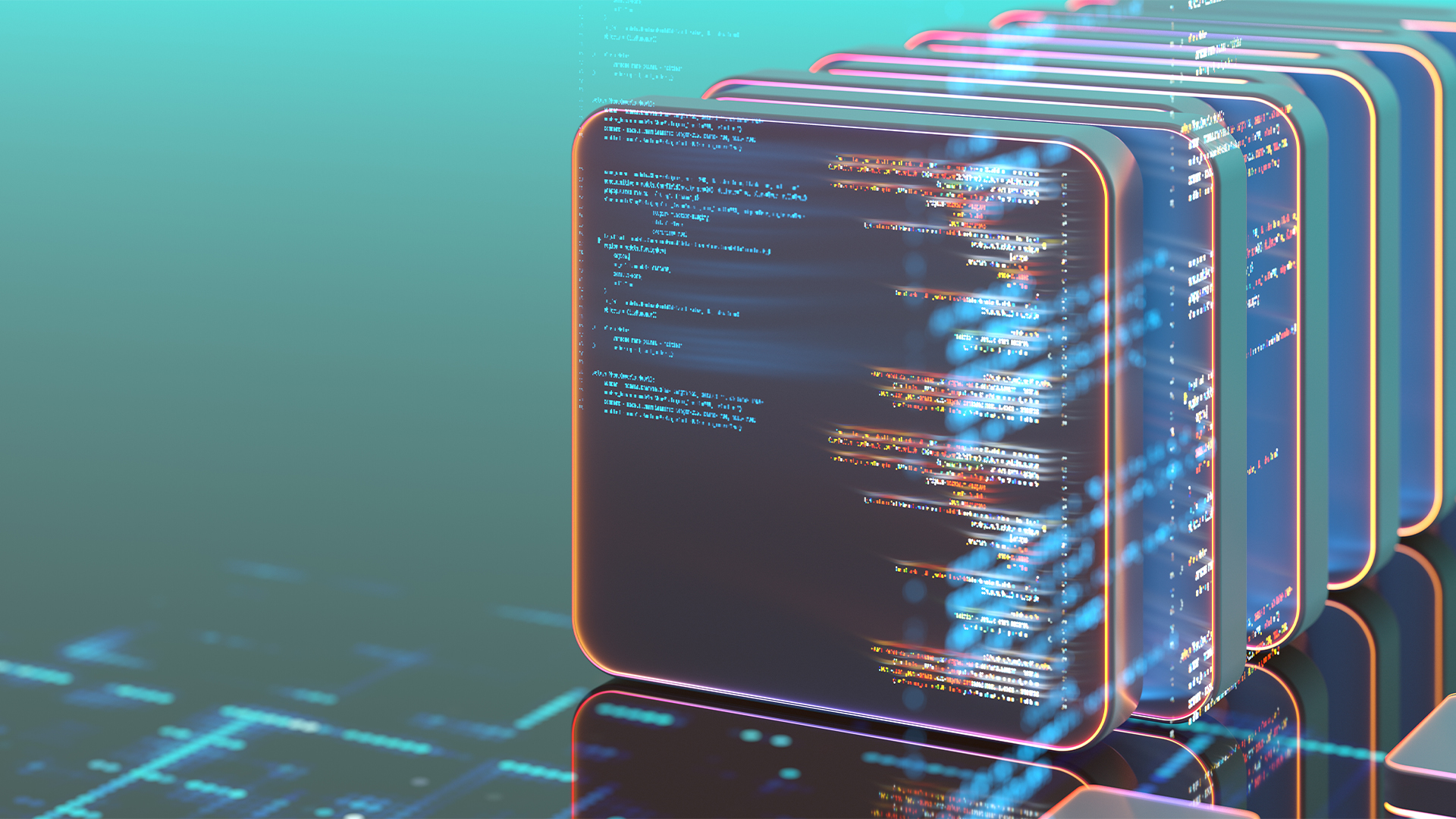 Redis insists license changes were the “only way to compete with Amazon and Google” — now it could face a user exodus
Redis insists license changes were the “only way to compete with Amazon and Google” — now it could face a user exodusNews Redis sparked controversy when it announced licensing changes in March this year – but the company believes the move was warranted
By Ross Kelly Published
-
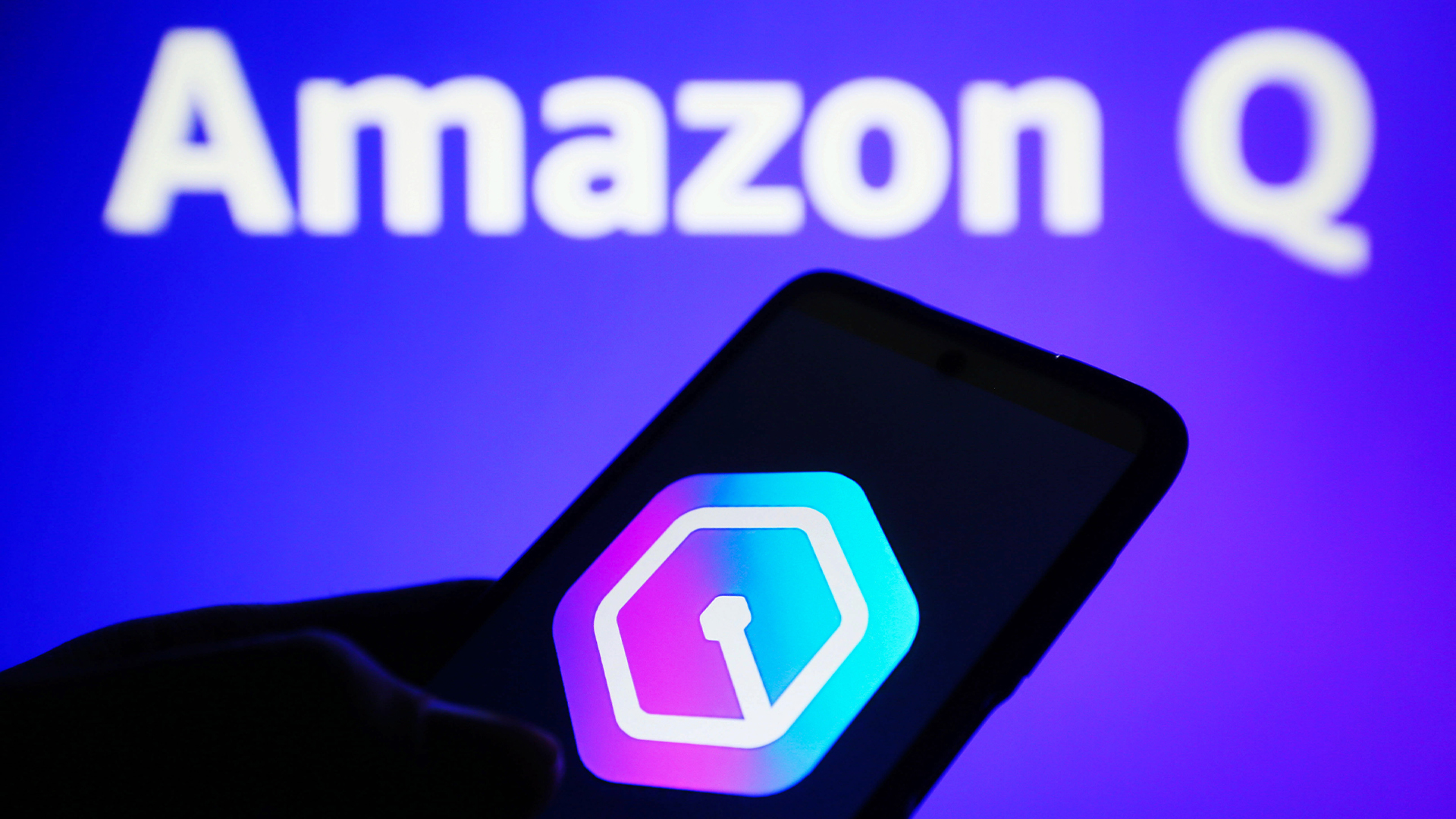 Everything you need to know about Amazon Q, including features, pricing, and business tiers
Everything you need to know about Amazon Q, including features, pricing, and business tiersExplainer Amazon Q can help developers write code faster and help workers with no coding experience build their own generative AI apps
By Steve Ranger Published
-
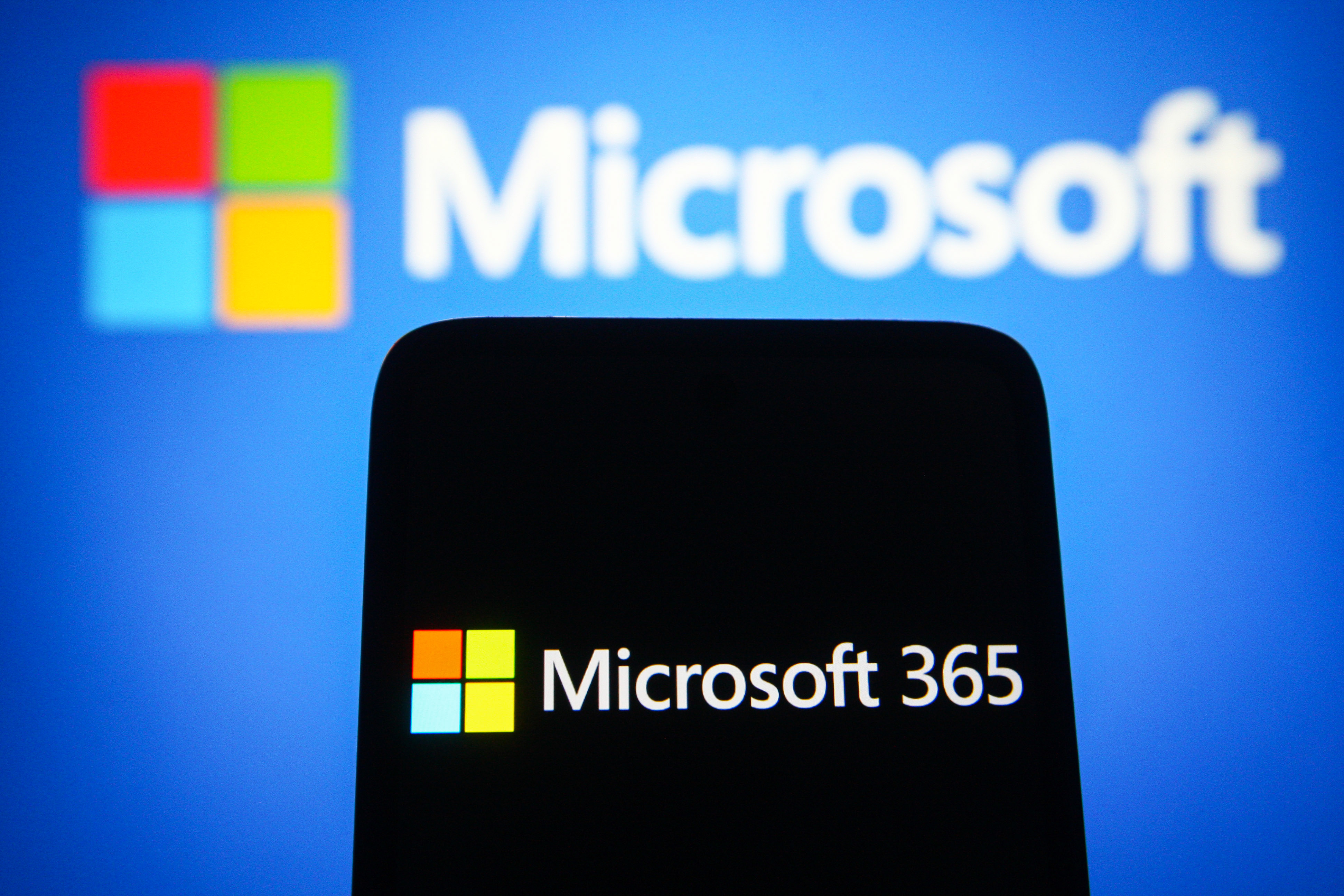 Amazon to become Microsoft 365 customer in landmark $1 billion deal
Amazon to become Microsoft 365 customer in landmark $1 billion dealNews The Microsoft 365 deal marks a major pivot for Amazon, which has traditionally avoided using rival cloud products
By Ross Kelly Published
-
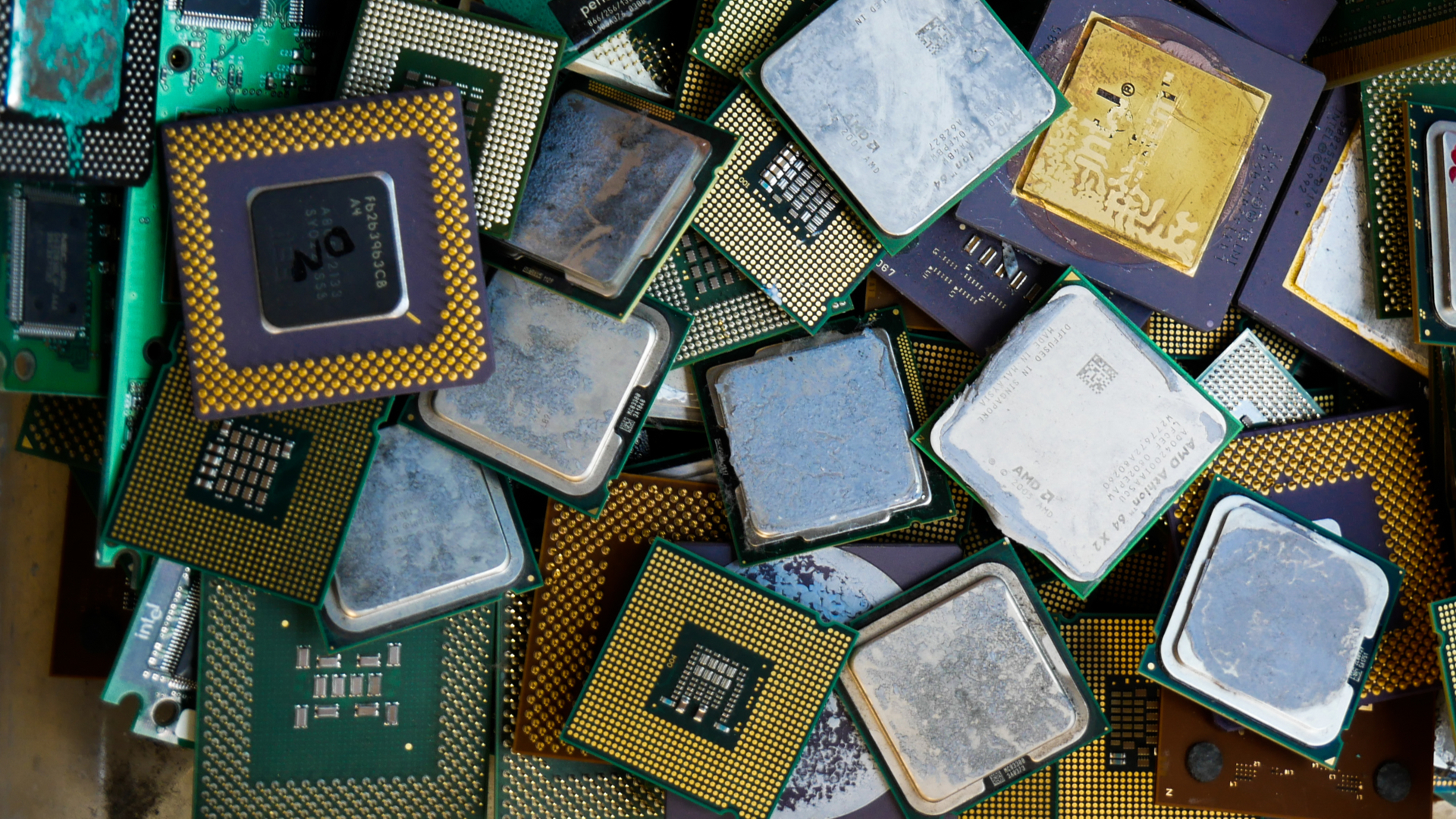 Tech giants lobby US to fund chip production
Tech giants lobby US to fund chip productionNews Industry heavyweights ask Congress for $50 billion in chip manufacturing subsidies
By Mike Brassfield Published
-
 Microsoft has an edge on AWS, according to IT executives
Microsoft has an edge on AWS, according to IT executivesNews Goldman Sachs survey suggests IT executives see Microsoft winning the cloud wars over the next three years
By Bobby Hellard Published
-
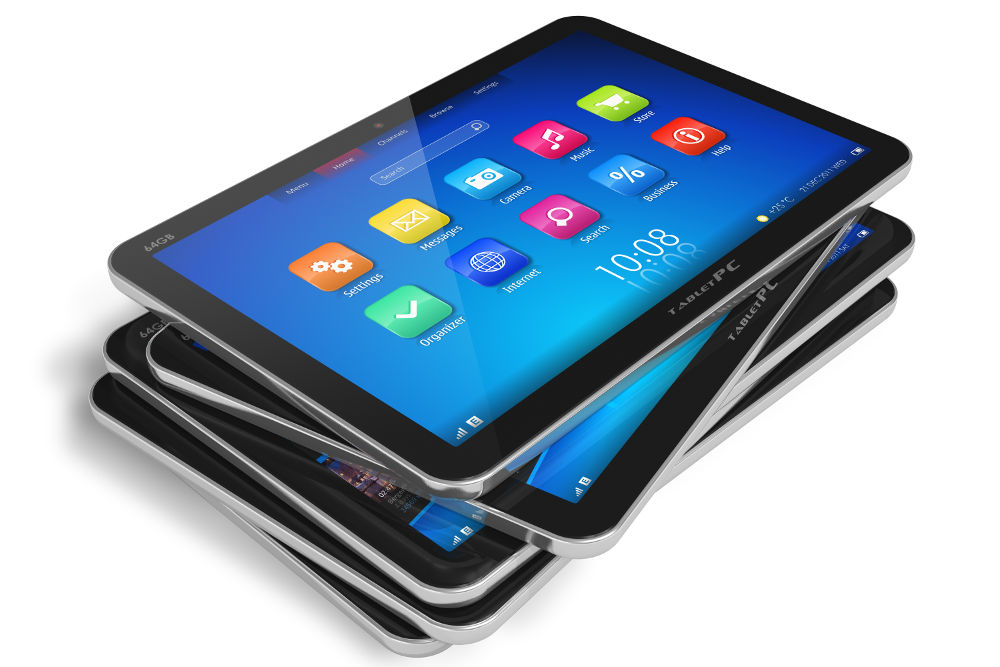 Tablet market falls 15% as low-cost devices lead sales
Tablet market falls 15% as low-cost devices lead salesNews Weakened market caused by 'low-cost detachables" sees third-quarter tablet sales fall by 15%
By Dale Walker Published
-
 Tablet sales decline, but detachables rise in popularity
Tablet sales decline, but detachables rise in popularityNews Devices such as the iPad Pro and Microsoft Surface are quickly replacing PCs, IDC says
By Clare Hopping Published